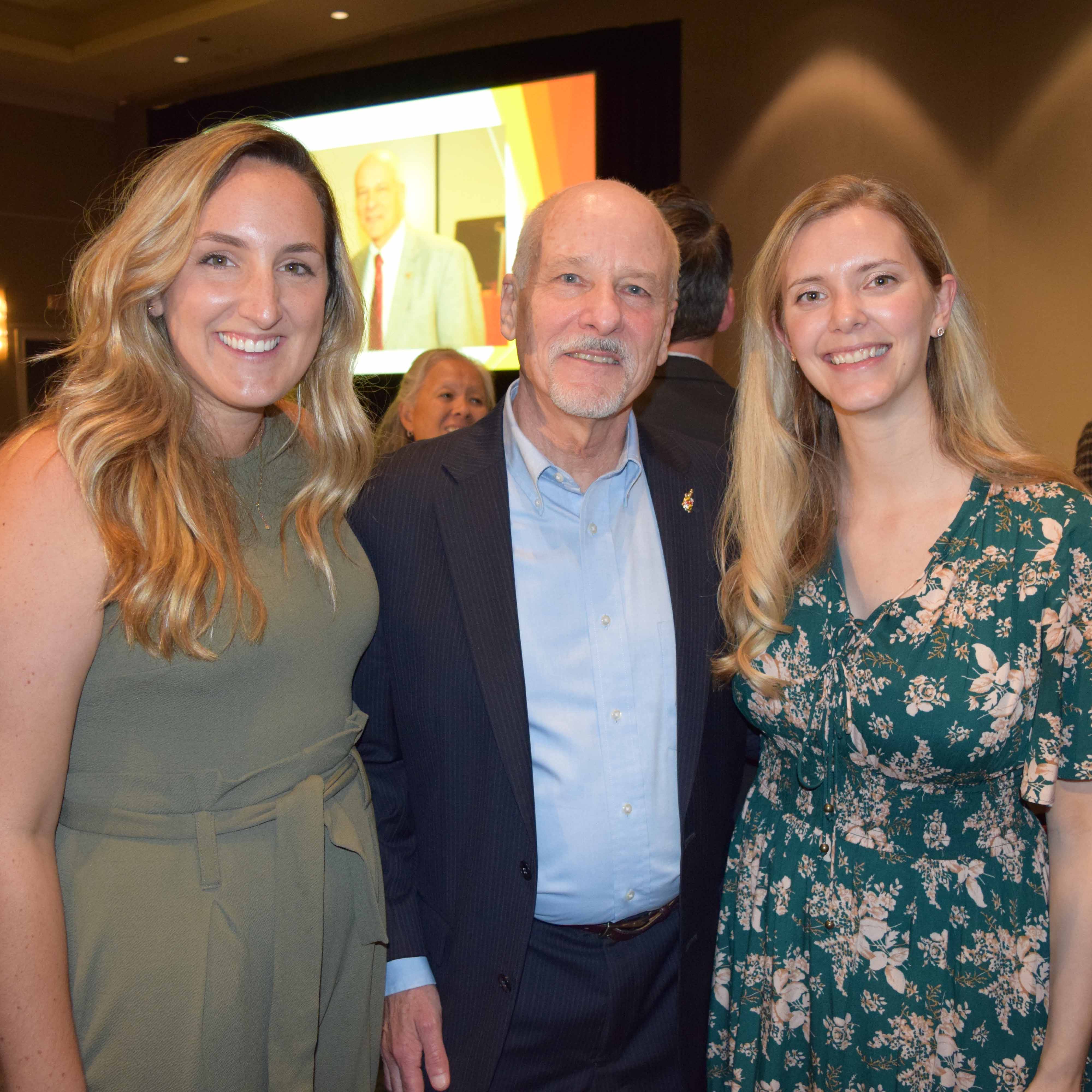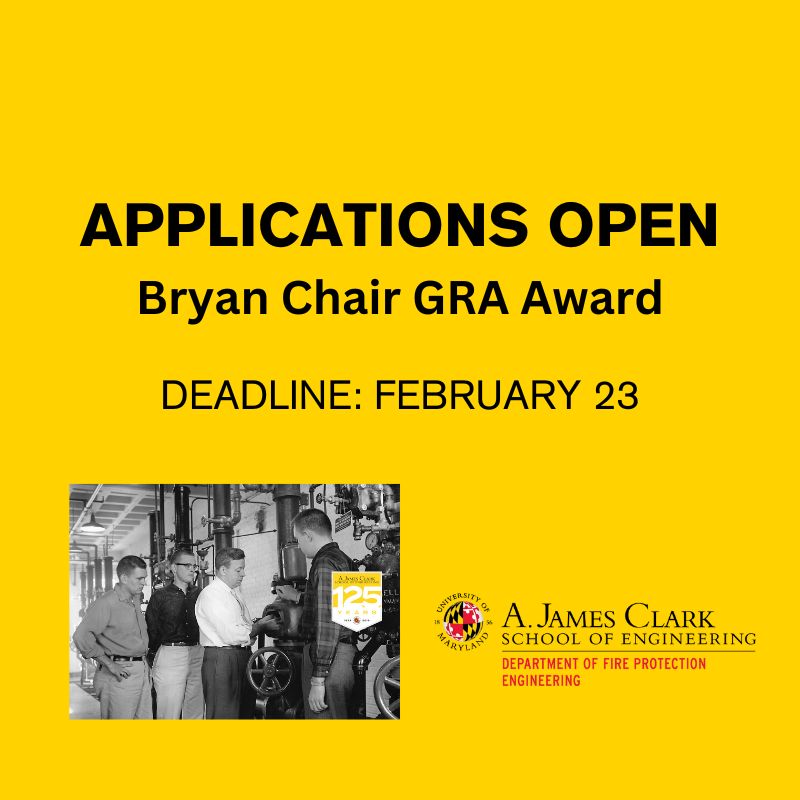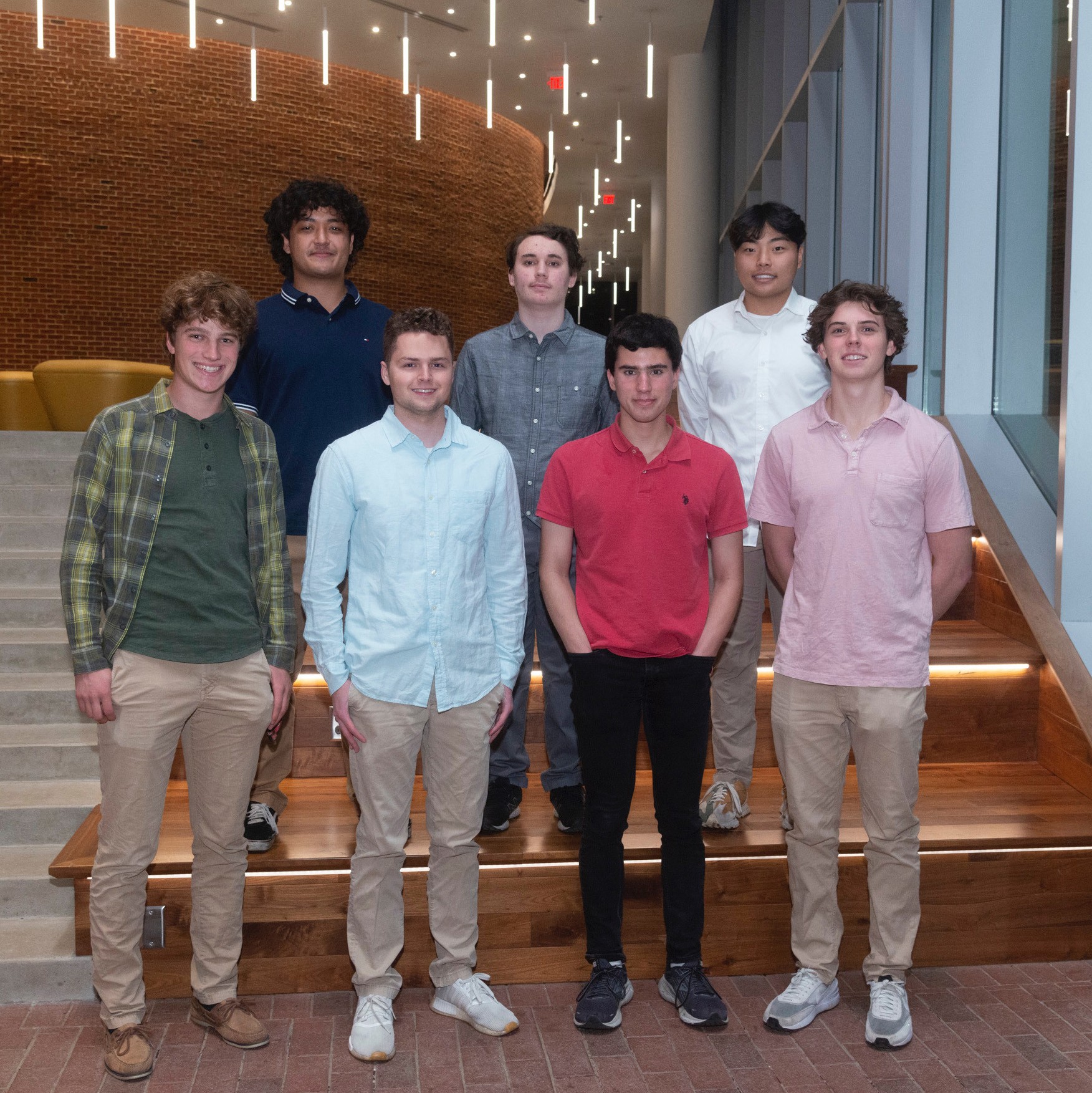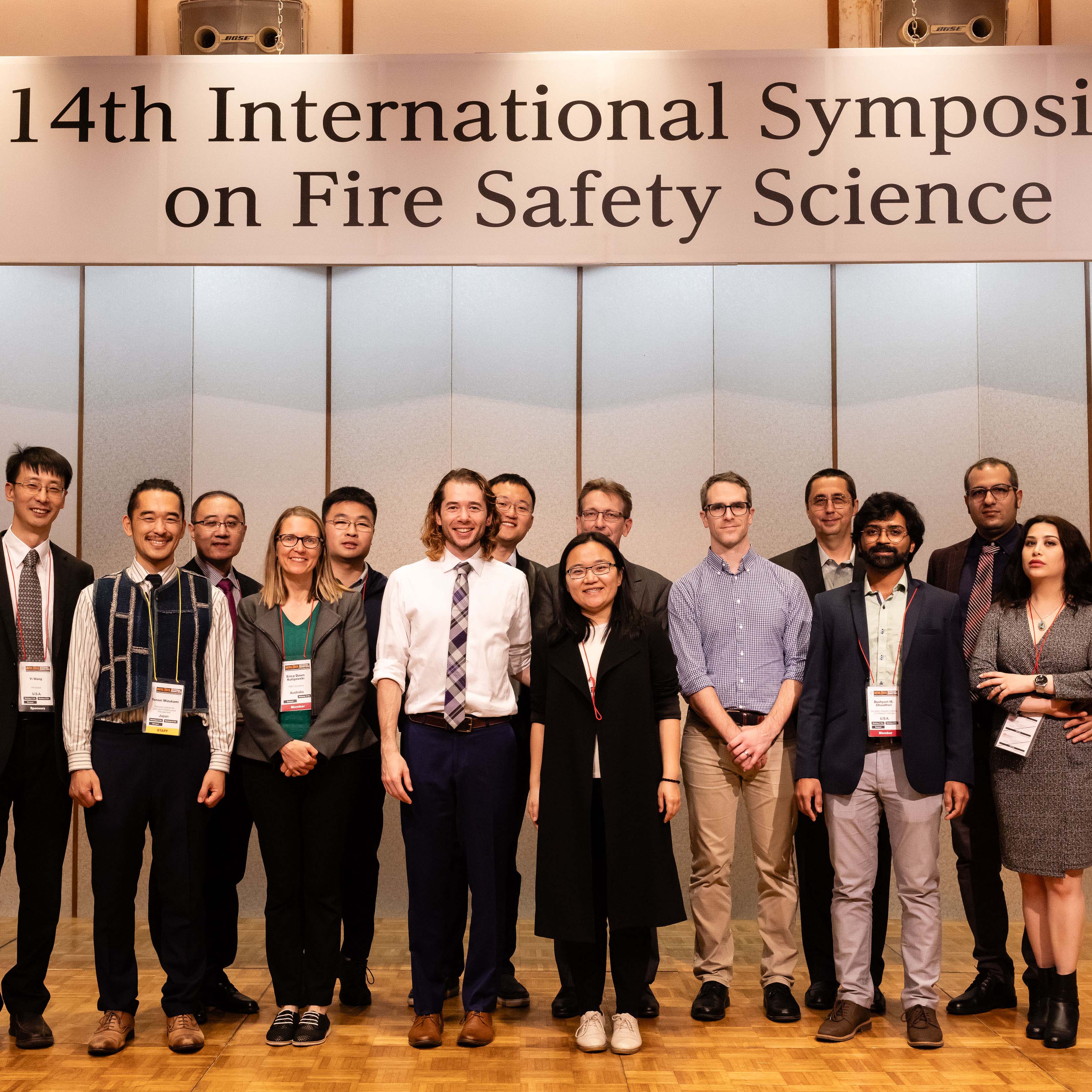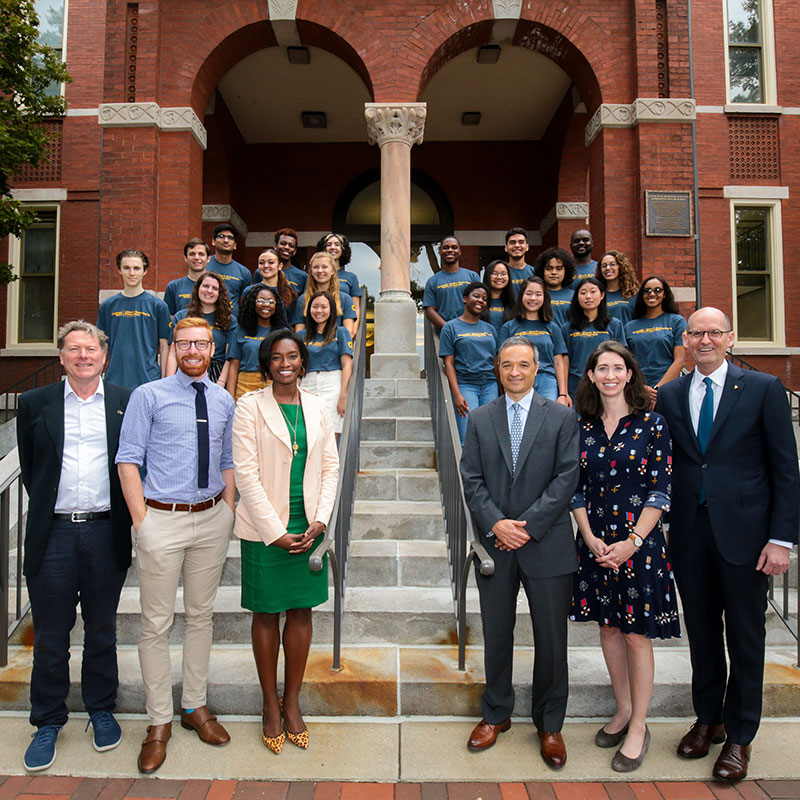News Story
Prof. Sunderland leads enhanced Department recruiting efforts
We realize that it's important to do a good job recruiting and put a good face forward to people.
Peter B. Sunderland
In response to a record number of qualified applications for admissions next fall, university administrators are enlisting faculty to personally call undecided students to convince them to enroll.
The new effort underlines the rising caliber of the school's applicant pool. Not only is the number of applications on the rise, but those students vying for a place at the university are bringing in some of the highest academic scores the university has seen.
Though certain academic departments have traditionally included phone calls among recruiting activities, an e-mail from university Provost Nariman Farvardin to all faculty members last week eliciting their support marks a new effort to expand the practice campus-wide.
"My goal is to attract the most talented people to this university at all levels ... and this cannot happen only by an effort coming out of the admissions office," Farvardin said in an interview. "It has to become a university effort. And the faculty constitutes probably the most important component of the university community."
The expanded effort follows an announcement Feb. 6 that the university had received more than 27,000 first-year applications, a 10 percent increase over the previous record, which was set the year after the men's basketball team won the national championship.
This time last year, applicants had an average GPA of 3.96 and an average SAT score of 1240-1380, said Shannon Gundy, associate director of undergraduate admissions. This year, the mean GPA has increased to 4.0 and the average SAT score is 1250-1390, she said.
The increase in applications comes just as the university plans to draw down enrollment by about 1,000 over the next five years.
Reducing the number of students is intended both to improve the quality of education through a smaller student to faculty ratio and to alleviate the overwhelming demand for on-campus housing, Farvardin said.
Ultimately, the new phone call campaign combined with the draw down in enrollment is aimed at making sure the cream of the crop among applicants ends up attending.
"The most talented people in the world are going to have many, many opportunities, so our goal is not to fill the open slots," Farvardin said. "Our goal is to fill the open slots with the best out there, because we are trying to build a world-class university."
While outreach efforts are a staple nationally, it is unclear if many other institutions have gone to the same extent to retain top applicants.
In past years, rosters of admitted students are distributed to the academic departments for which the applicants indicated an interest. Faculty then contact the students to address their concerns and describe the opportunities available on the campus.
The expanded effort will likely follow along similar lines, but on a much larger scale. The mission behind the effort is also slightly different, as administrators are focusing not on getting students to apply, but to get them to commit after they've been accepted.
"It's not a new initiative, but is a heightened initiative," said Gundy.
Peter Sunderland, an assistant professor in the department of fire protection engineering, has been making calls to undeclared engineering majors to raise awareness about his program. Even though it would be much easier just to send one e-mail to contact all the students, he said, phone calls add a more personal touch that he thinks is helpful.
"The phone calls take longer, but the payoff is better," Sunderland said. "We realize that it's important to do a good job recruiting and put a good face forward to people."
Published February 21, 2008


